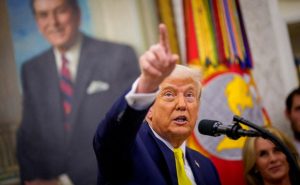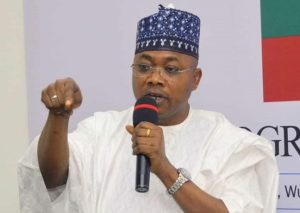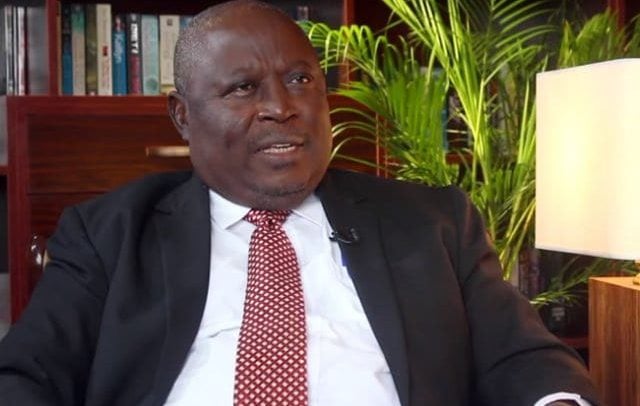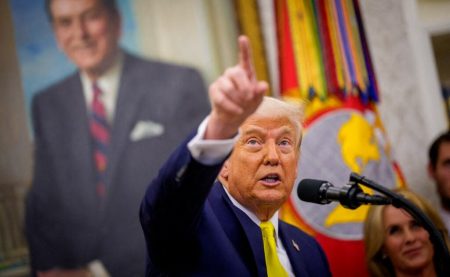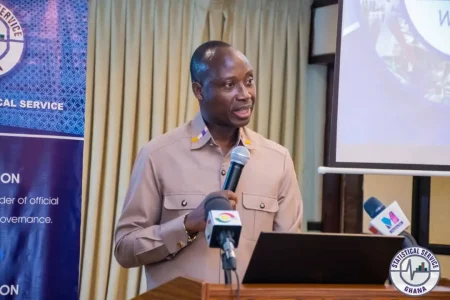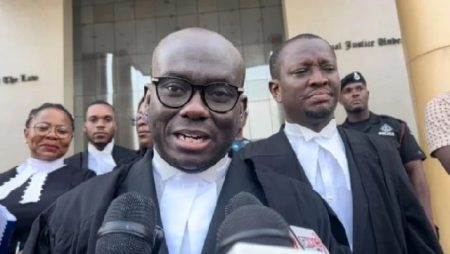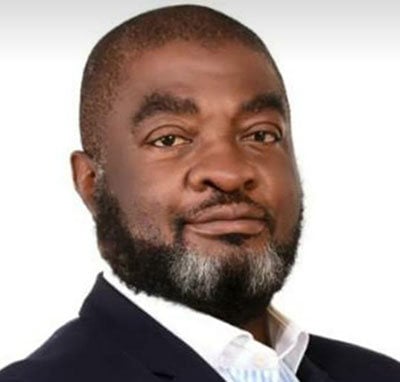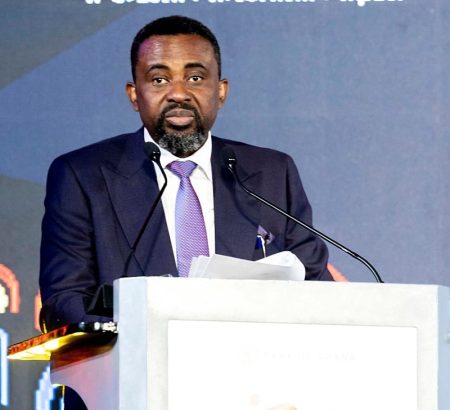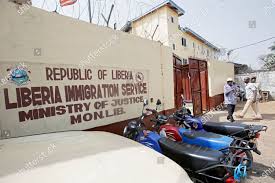Martin Amidu, the former Special Prosecutor of Ghana, has launched a pointed critique of Godfred Yeboah Dame, the former Attorney-General, questioning the ethical implications of Dame’s rapid return to legal practice in a highly politicized case involving the potential removal of Chief Justice Gertrude Torkornoo. Amidu’s central argument hinges on the principle of maintaining public trust and avoiding the appearance of impropriety, particularly during the sensitive transition period from public office to private legal practice. He contends that Dame’s involvement in such a high-profile case so soon after leaving his position as Attorney-General creates a perception of potential conflict of interest, even if no direct legal conflict exists. This perception, Amidu argues, is detrimental to the integrity of both the legal profession and the political process.
Amidu underscores his argument by drawing a parallel to his own experience. In 2001, while serving as Deputy Attorney-General and former vice-presidential candidate for the National Democratic Congress (NDC), he declined a request to represent the late Professor Kofi Awoonor in a criminal case. Amidu explains that his decision was rooted in his understanding of the political sensitivities surrounding the case and the potential damage to public perception if he, a high-ranking government official, were to represent a figure involved in a politically charged matter. This, he argues, exemplifies the kind of ethical considerations that should guide former public officials in their return to private practice, a standard he believes Dame has failed to uphold.
The specific case at the heart of this controversy involves Vincent Ekow Assafuah, a Member of Parliament for the New Patriotic Party (NPP), who is challenging President Mahama’s move to suspend and potentially remove Chief Justice Torkornoo. While Dame is not directly representing the Chief Justice, Amidu argues that his prior role as Attorney-General during Torkornoo’s appointment process creates a cloud of suspicion over his involvement in this related case. This association, Amidu posits, fuels public speculation and undermines confidence in the impartiality of the legal system. The very act of Dame taking on this case, according to Amidu, casts a shadow over the proceedings and raises questions about potential undue influence.
Chief Justice Torkornoo herself further complicated the matter by publicizing her petition to President Mahama and the Council of State requesting access to the allegations against her. She also involved prominent figures like former Chief Justice Sophia Akuffo and institutions like the Ghana Bar Association in her communication. Amidu criticizes this approach, arguing that it weakened her position both strategically and tactically. He suggests that by making her response so public, Torkornoo potentially compromised the integrity of the process and inadvertently provided ammunition for her critics.
Amidu’s criticisms highlight a broader debate about the ethical responsibilities of former government officials who transition to private practice, particularly in legal fields. The core issue revolves around balancing an individual’s right to practice law with the need to maintain public trust and prevent the appearance of impropriety. Amidu advocates for a more cautious approach, urging former officials to carefully consider the political implications of their actions and prioritize the preservation of public confidence in the legal system. He suggests a period of deliberate separation from politically sensitive cases to avoid even the perception of exploiting previous connections or knowledge gained while in office.
The controversy surrounding Dame’s involvement in this case underscores the importance of clear ethical guidelines for former government officials. The lack of specific regulations governing this transition period creates a grey area that can be exploited, leading to accusations of conflict of interest and erosion of public trust. Amidu’s outspoken criticism serves as a call for greater scrutiny and the development of clearer ethical standards that ensure the integrity of both the legal profession and the political process. This case study, therefore, has the potential to spark a much-needed conversation about the ethical responsibilities of those who move between public service and private practice, particularly within the legal field.


